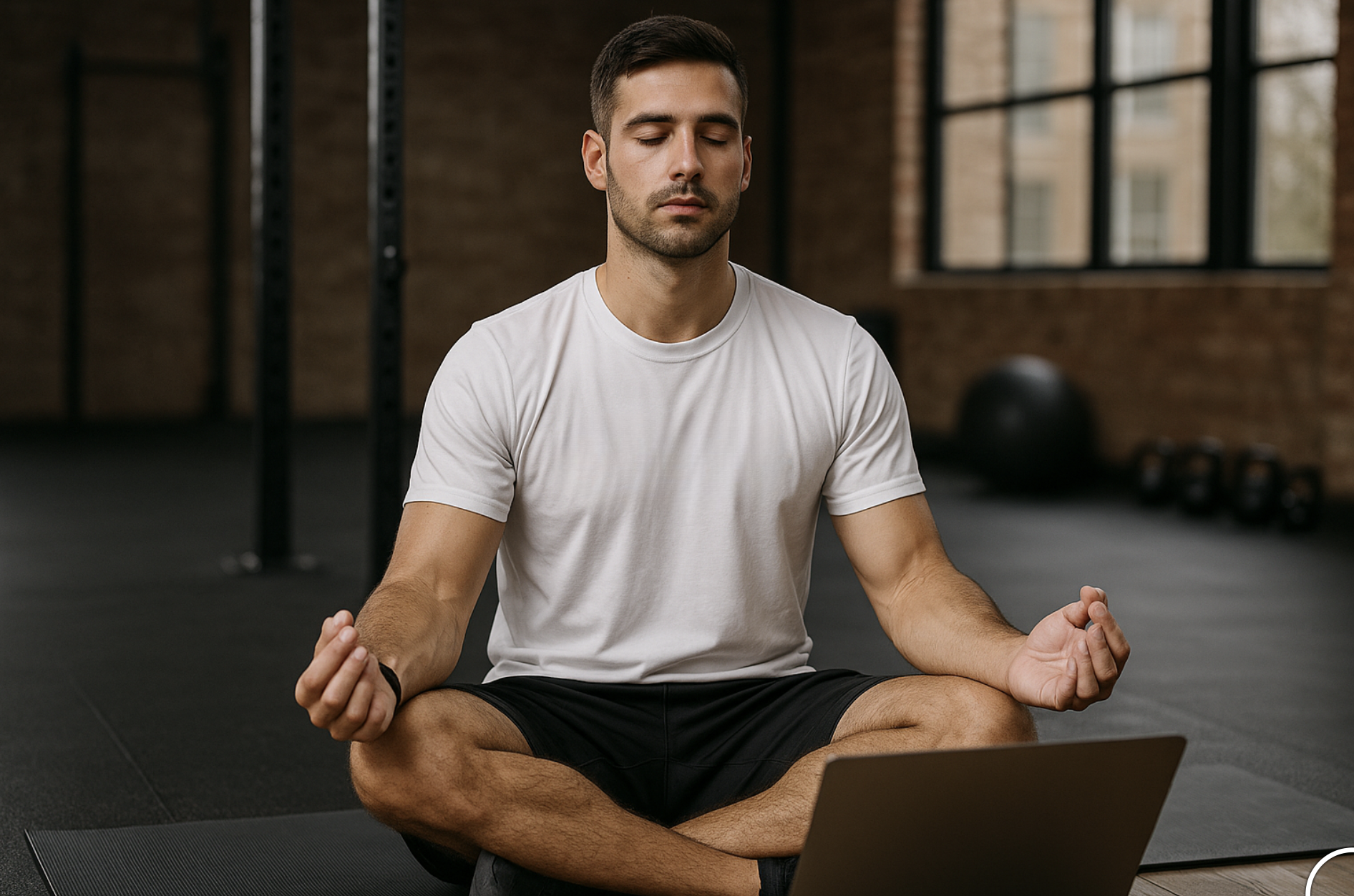Beneficios del Mindfulness para Atletas: Cómo la Atención Plena Mejora el Rendimiento Deportivo
El término mindfulness ha ganado cada vez más relevancia en psicología y en el deporte de alto rendimiento. Traducido como “atención plena”, se trata de una práctica mental que ayuda a los atletas a entrenar la mente, mantenerse en el presente y gestionar mejor sus emociones dentro y fuera de la competencia.
En el mundo deportivo, donde cada segundo cuenta y la presión es constante, el mindfulness se convierte en una herramienta estratégica para mejorar el rendimiento, reducir la ansiedad y potenciar la resiliencia emocional.
¿Por qué la atención plena es clave para los atletas?
El mindfulness no solo se trata de “estar en el presente”, sino de participar de forma consciente en cada acción, decisión o pensamiento. Esta práctica ayuda a los atletas a:
- Mantener el enfoque en la actividad que están realizando.
- Favorecer la toma de decisiones en situaciones de alta exigencia.
- Regular emociones y evitar que interfieran con el rendimiento deportivo.
Las 3 Etapas del Mindfulness en el Deporte
- Conciencia plena: Dirigir la atención al detalle inmediato, ya sea la respiración, la postura o el sonido alrededor.
- Experiencia presente: Reconocer el estado físico y mental en tiempo real, conectando cuerpo y mente.
- Aceptación: Practicar la escucha activa y la no reacción frente a juicios o distracciones, tanto externas como internas.
Beneficios del Mindfulness para Atletas
- Reducción de ansiedad y estrés
Mantenerse en el presente ayuda a evitar pensamientos sobre errores pasados o preocupaciones futuras. Esto disminuye los síntomas de ansiedad que afectan el rendimiento durante la competencia. - Fomento de la resiliencia emocional
El mindfulness fortalece la inteligencia emocional, permitiendo que los atletas enfrenten situaciones difíciles con paciencia, autocontrol y claridad mental. - Mejora de la salud física
Se ha demostrado que la práctica regular de mindfulness favorece una mejor calidad de sueño, disminuye el insomnio y mejora la recuperación física. También contribuye a regular la presión sanguínea, aliviar dolores y fortalecer el sistema inmunológico.
Estos beneficios se traducen en mayor energía, resistencia y capacidad de recuperación: factores esenciales para cualquier atleta.
Mindfulness en el Acompañamiento de Propella
En Propella, entendemos que el éxito deportivo va más allá del entrenamiento físico. Por eso, nuestros programas de asesoramiento incluyen acompañamiento psicológico y estrategias como el mindfulness, que ayudan a los estudiantes-atletas a equilibrar la mente, el cuerpo y el rendimiento académico.
Si querés conocer cómo aplicar el mindfulness en tu vida deportiva y académica, contactanos y descubrí todas las herramientas que tenemos para potenciar tu camino como estudiante-atleta internacional.
The term mindfulness has grown significantly in recent years in psychology, and its applicability has expanded to various areas. The meaning or translation of mindfulness is “full attention” or “present awareness.” It is a practice to train and develop the mind. Today, it is common to hear about the importance of “living in the present,” but turning that into reality is not always easy. Mindfulness provides a clear strategy to help individuals remain in the present.
Why is achieving full attention valuable?
It allows individuals to stay focused on the activity they are performing, to participate intentionally, and to improve decision-making. This practice can also be applied to enhance athletic performance.
It is important to recognize the three stages of this mental exercise: awareness, present experience, and acceptance.
Awareness and Present Experience
This process includes both attention and awareness. Attention is directed to immediate details: the activity being carried out, the situation being experienced, or the person being spoken to. Awareness refers to recognizing one’s own state in that moment—location, surrounding sounds, bodily sensations, posture comfort, and breathing.
Acceptance
As humans, we often bring our own opinions and perspectives into conversations, creating barriers to communication. One common barrier is “listening” while already preparing a response instead of fully hearing what the other person has to say. Active listening means paying attention, making eye contact, avoiding distractions like a phone, and not judging in order to truly understand.
This applies in sports as well: if an athlete spends time judging or internally opposing a coach’s instructions instead of listening fully, they miss key details, fail to integrate the game plan, and risk underperforming. Acceptance means not judging, not reacting, and not rejecting internal or external experiences.
Consistency and Practice
Like any skill, mindfulness requires consistency and repetition. When practiced intentionally, it can enhance sports performance in the following ways:
- Reduces anxiety and stress: Staying present prevents dwelling on past mistakes or worrying about future results, reducing harmful stress and anxiety that negatively affect performance.
- Fosters emotional resilience: Mindfulness is linked to emotional intelligence, helping athletes recognize challenges and make better decisions under pressure. This strengthens patience and mental toughness.
- Improves physical health: Its benefits extend to the body—better sleep quality, reduced insomnia, improved recovery, lower blood pressure, pain relief, and stronger immune function. These improvements translate into more energy, endurance, and faster recovery for athletes.
For further guidance on practicing mindfulness, students can request psychological support included in Propella’s counseling services.

September 25, 2025









